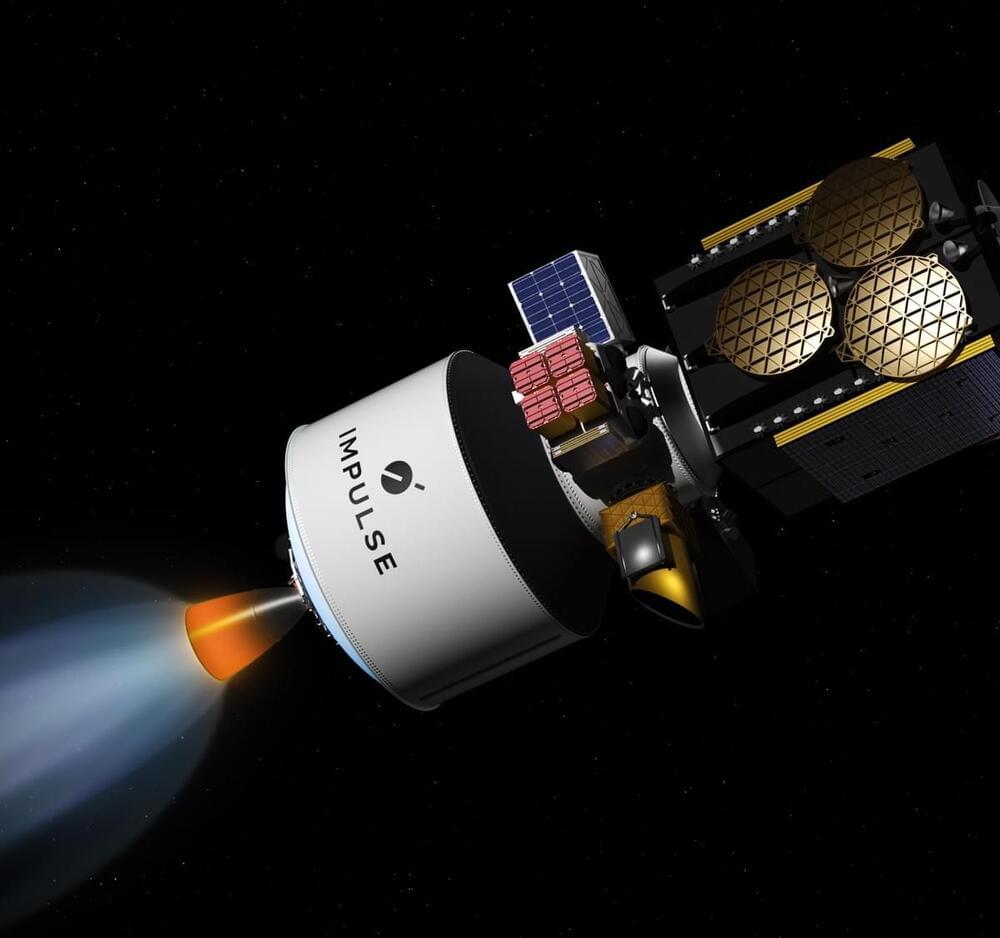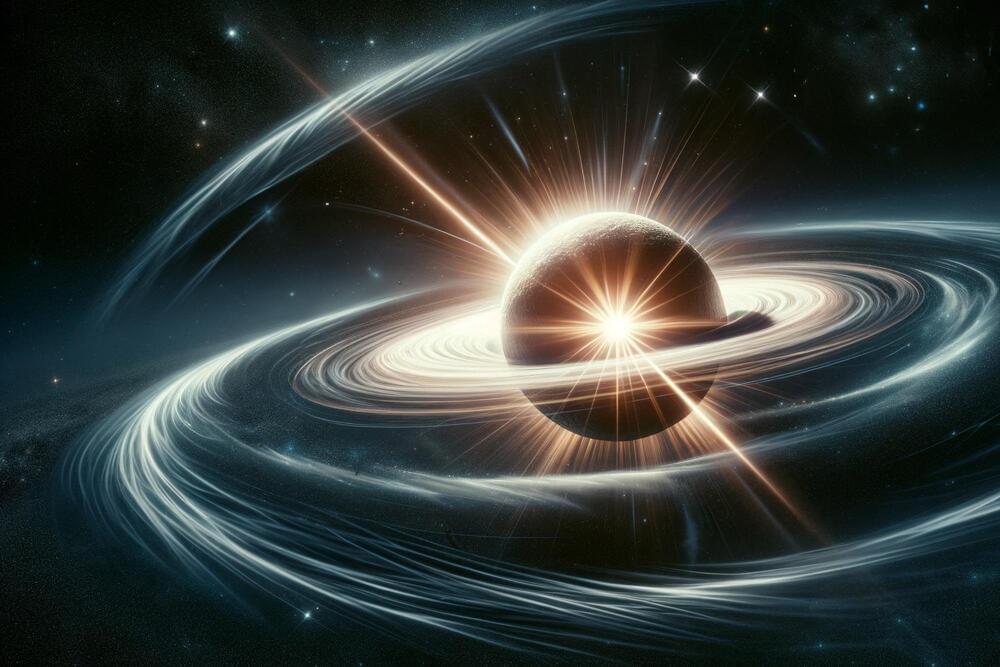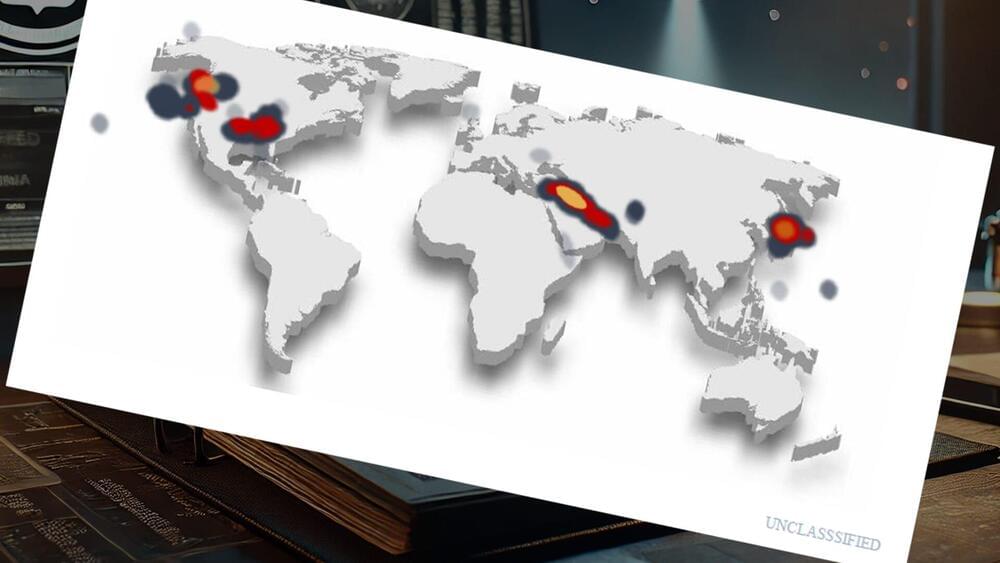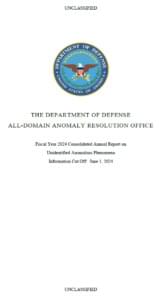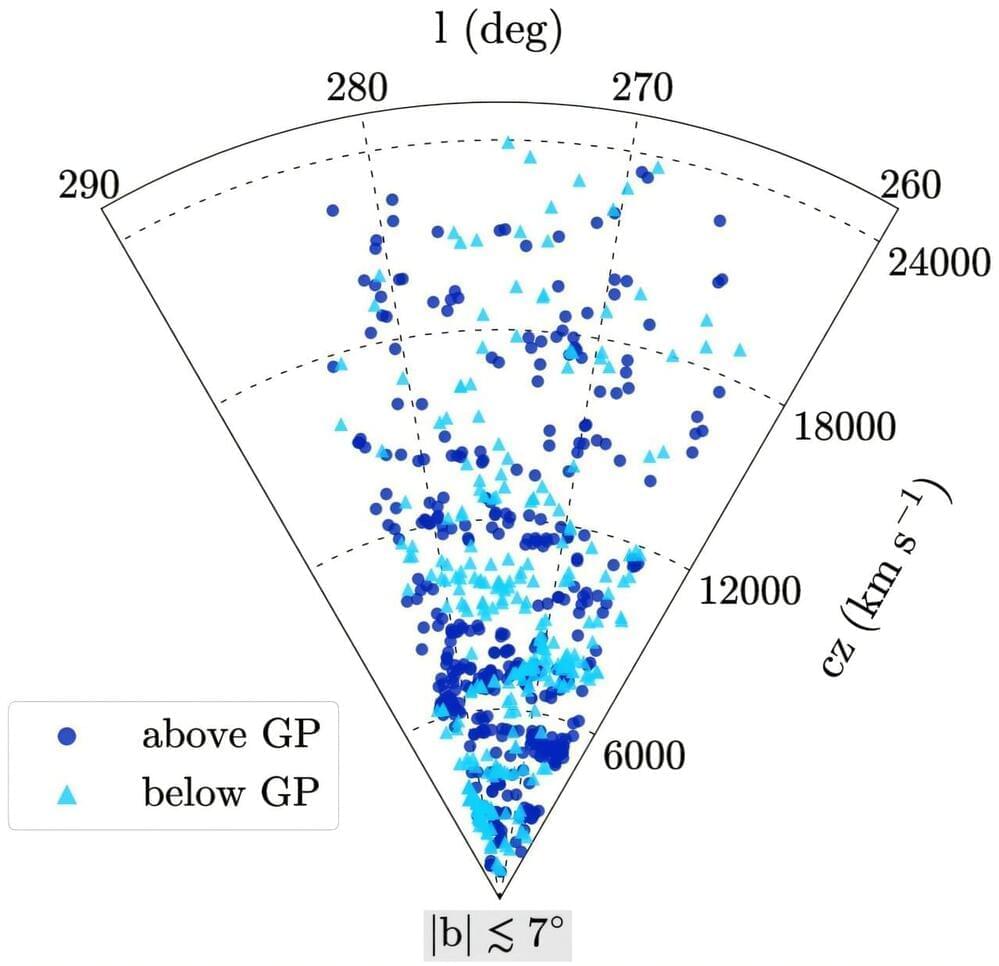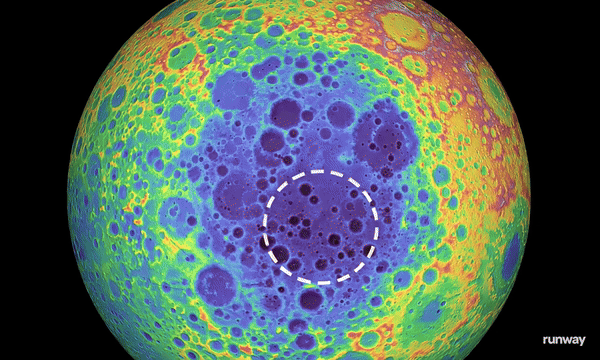WASHINGTON — Impulse Space has purchased three Falcon 9 launches for its Helios transfer vehicle for missions starting in 2026, including one for the Space Force.
Impulse Space announced Nov. 14 that it signed a contract with SpaceX for the Falcon 9 launches. Each launch will carry the company’s Helios transfer vehicle, a high-energy kick stage the company introduced in January to transport payloads quickly between orbits.
The first launch, planned for mid-2026, will be the first flight of Helios. The transfer vehicle will transport the company’s smaller Mira vehicle, carrying a commercial optical payload, from low Earth orbit to geostationary transfer orbit on the Victus Surgo mission for the Space Force and Defense Innovation Unit. Impulse Space received a $34.5 million contract for Victus Surgo and another mission, Victus Salo, Oct. 3. Impulse Space said the schedule and payloads for the other two Helios launches will be determined later.
